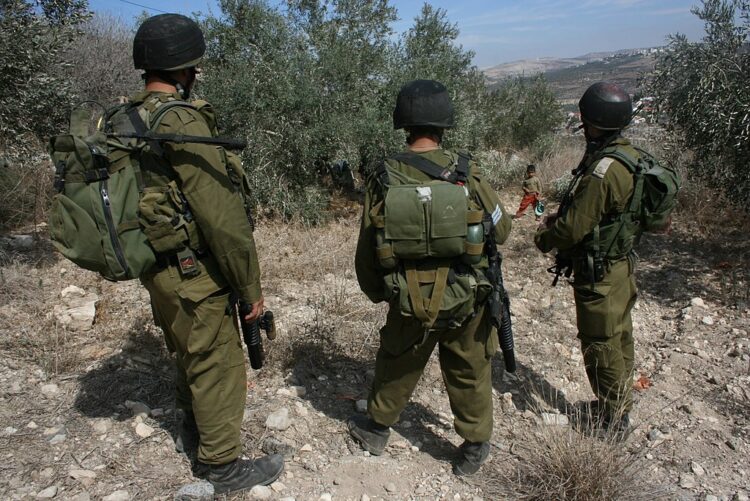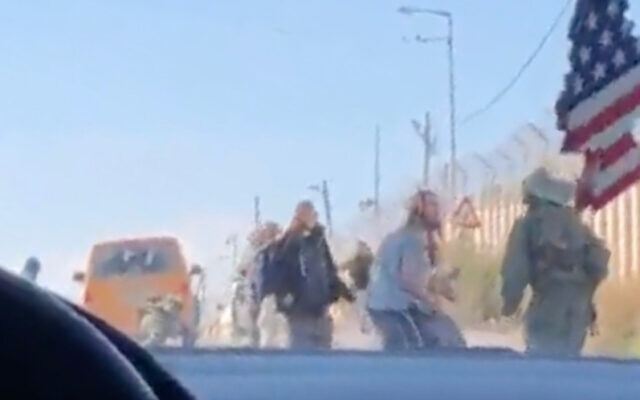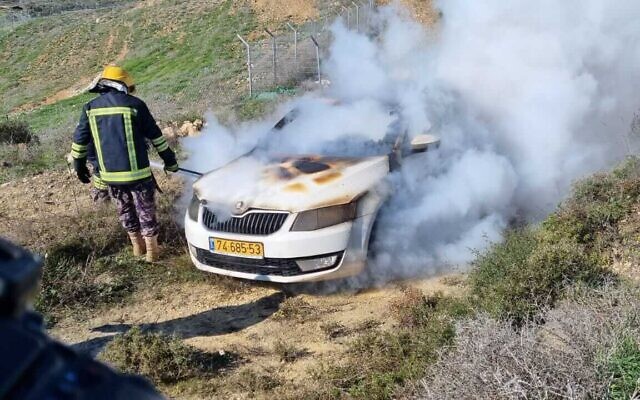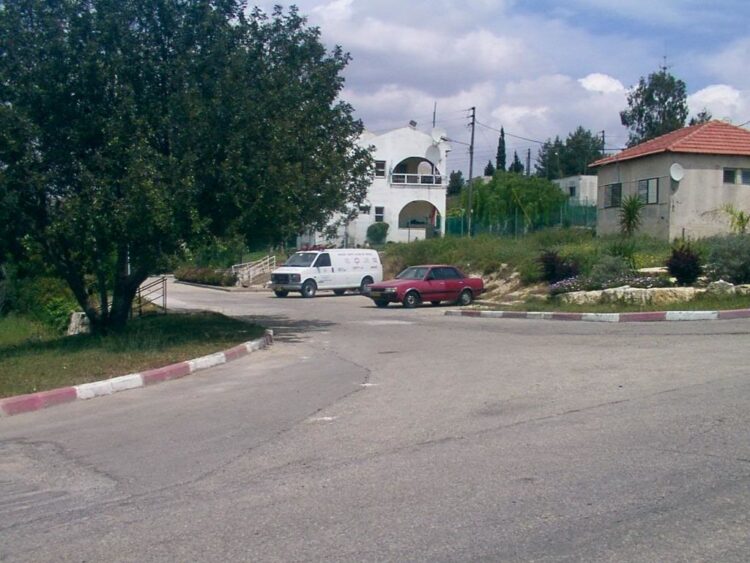Extreme Jewish settlers in the West Bank are on a rampage.
Violent attacks against Palestinians increased by almost 50 percent in 2021 over the previous year. In the main, the attackers have been Jewish extremists living in illegal outposts that were built without the authorization of the Israeli government.

There have been a wave of assaults since the beginning of the new year. In one incident last week, masked settlers attacked a group of Palestinian farmers and Israeli peace activists with clubs and stones and set a car alight near Burin, a Palestinian village south of Nablus. The Israelis were helping the Palestinians plant olive trees, which have been uprooted on a regular basis by Jewish extremists.

Israeli Public Security Minister Omer Barlev described the attacks as the “actions of a terror organization,” prompting extremists to threaten him.
Barlev’s cabinet colleague, Yair Golan, (Meretz) denounced the settlers as “subhumans.”
Israel’s prime minister, Naftali Bennett, a champion of the settlement movement, was conspicuously silent in the face of these disturbances.
Seven American Jewish organizations, however, have spoken out. On January 25, they released an open letter urging the Israeli government to take “unequivocal action” against the perpetrators. It was addressed to Bennett, Defence Minister Benny Gantz and Foreign Minister Yair Lapid.
The letter was signed by the Anti-Defamation League, the Central Conference of American Rabbis, the Israel Policy Forum, the National Council of Jewish Women, the Rabbinical Assembly, the Union for Reform Judaism, and the United Synagogue of Conservative Judaism.
Clearly, the letter is a reflection of the existing fissures between Israel and liberal Jews in the Diaspora.
It is telling that three major Jewish groups refrained from signing thee letter — the Conference of Presidents of Major American Jewish Organizations, the American Jewish Committee and the American Jewish Congress.
Orthodox organizations did not sign it either.
The letter is worth printing verbatim:
“We write to condemn in the strongest possible terms the ongoing terrorism and political violence committed by Jewish Israeli extremists in the West Bank against Palestinians, Israeli civilians, and IDF soldiers. While the latest example of extremists filmed torching a car and violently attacking Palestinians and Israeli activists with clubs outside the village of Burin is particularly egregious, it is sadly not an isolated incident. This disturbing trend must not only be condemned in words but addressed through unequivocal action by the Israeli government and security apparatus.

“We recognize that these acts are perpetrated by a small group of radicals. We also recognize that this is not a one-sided problem and that Israelis are also victims of ongoing and increasing attacks by Palestinians. But attacks by Israelis have been steadily increasing and intensifying over the past year, and as pro-Israel Jewish organizations, we are deeply concerned by these trends and request that you address them. These attacks serve as an affront to Israel’s rule of law, to Israeli democracy, and to Jewish values, while undermining Israel’s image and relations with the United States government, American people, and American Jewry. They make it more difficult to appreciate Israel’s legitimate and ongoing security needs and efforts to resolve the Israeli-Palestinian conflict.
“We urge the entire Israeli government to unite in strong condemnation against these acts, to work decisively to hold those responsible accountable, and to confront the growing threats posed by these extremists with the determination and seriousness that this grave situation requires.”
The Israeli government has so far not replied to the letter, and this is not surprising.
Since the Six Day War, a succession of governments in Israel have tacitly or explicitly supported the construction of settlements in the occupied territories. Nearly 500,000 Jews live in some 130 authorized settlements and in more than 100 unauthorized outposts.
These settlements, as well as the network of Israeli roads and tunnels in the West Bank, are designed to undermine the prospect of a two-state solution, which Bennett and his far right-wing Yamina Party oppose.
Lapid realizes it is not in Israel’s long-term interest to ignore the simmering Palestinian issue. As he said on January 24, “I will not hide the fact that a diplomatic process is necessary. At the same time, we must recognize that this government was built on the principle of maintaining the status quo.”
Which is another way of saying that Israel has no in tension at present to engage in talks with the Palestinians and intends to keep a large chunk of the West Bank and its array of Jewish settlements.
Israel’s policy is reflected in its position toward Homesh, a settlement.
In 2005, as part of its unilateral withdrawal from the Gaza Strip, Israel abandoned several settlements deep inside the West Bank. Homesh, built on private Palestinian land, was one of them.
Last month, a Jewish yeshiva student was killed near the settlement.

Settlers have returned to Homesh several times in the past two decades, setting up tents and other structures. The Israeli army has demolished them on a number of occasions, but generally tolerates the settlers’ presence.
The Palestinian owners of the land who have attempted to access the site have been attacked by settlers.
Settler violence in the West Bank is hardly new. It has been going on for decades, to be sure. But Israel usually turns a blind eye to it because the settlers are foot soldiers in the struggle to ensure that much of the West Bank will remain in its hands, and that a sovereign Palestinian state will never emerge.
